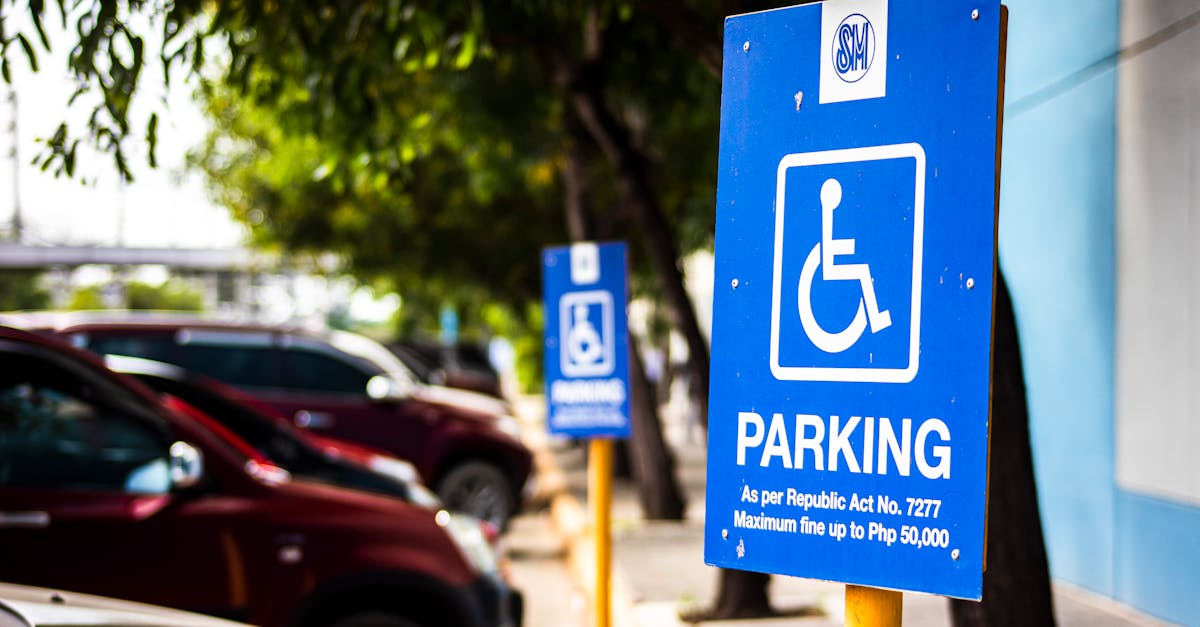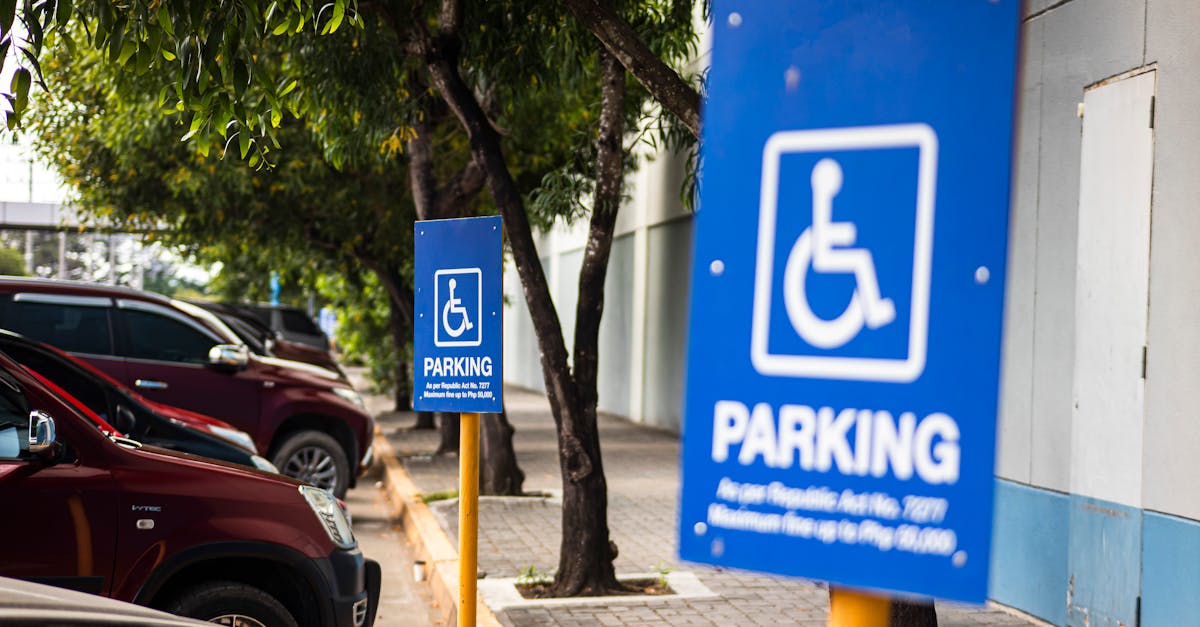
Reciprocity agreements for interpreters in California
California currently does not have reciprocity agreements in place for interpreters, meaning that individuals with interpreter licenses from out-of-state may not automatically transfer their licenses to practice in California. This lack of reciprocity can present a challenge for interpreters seeking to work in California, especially in regions like Bay Park in San Diego where the demand for language services is significant. While some states have reciprocal agreements with California, allowing for easier transfers of licenses, interpreters looking to practice in California must adhere to the specific interpreting laws and regulations in place within the state.
Interpreters relocating to California from another state should be prepared to go through the process of obtaining a California interpreter license if they wish to continue practicing in the state. This process typically involves meeting the requirements set by the California Judicial Council, which oversees interpreter certification in the state. To navigate the nuances of interpreter licensing in California, individuals should familiarize themselves with the interpreting laws and regulations in Bay Park, San Diego, to ensure compliance with local standards and practices.
Recognition of outofstate interpreter licenses in California
Recognition of out-of-state interpreter licenses in California can be a complex process. Interpreting laws and regulations in Castle, San Diego, may differ significantly from those in other states, necessitating a thorough evaluation of the applicant's qualifications. In some cases, California may have reciprocity agreements with certain states, streamlining the recognition of out-of-state licenses for interpreters seeking to practice in the state. However, it is essential for individuals holding out-of-state licenses to carefully review the specific requirements set forth by the California governing bodies to ensure compliance and legality in their practice. The recognition process may involve submission of documentation, proof of experience, and potentially passing additional examinations to meet the state's standards.
For interpreters hoping to practice legally in California with an out-of-state license, it is crucial to engage with the appropriate regulatory agencies early on to navigate the recognition process smoothly. Seeking guidance from the California Department of Social Services or other relevant entities can provide clarity on the steps needed to obtain validation for an out-of-state license. It is advisable for individuals to familiarize themselves with the nuances of interpreting laws and regulations in Castle, San Diego, to ensure full compliance and avoid any potential penalties or consequences associated with practicing without a valid license in the state. By proactively addressing the recognition of out-of-state licenses, interpreters can position themselves for a successful transition into the California market.
Consequences of practicing without a license as an interpreter in California
Interpreting laws and regulations in Cherokee Point, San Diego are designed to ensure that professional interpreters meet specific standards to safeguard the accuracy and quality of interpretation services provided within the state. Practicing without a license as an interpreter in California can result in severe repercussions. Individuals found offering interpretation services without the required license may face legal action, fines, and even potential criminal charges. The lack of a license not only undermines the credibility of the interpreter but also jeopardizes the integrity of the communication process, impacting the individuals relying on accurate interpretation for effective communication. It is imperative for interpreters to adhere to the licensing requirements set forth by the state to uphold professional standards and protect the rights of both parties involved in the communication process.
Penalties for unlicensed interpretation services
Interpreting laws and regulations in Barrio Logan, San Diego are stringent when it comes to unlicensed interpretation services. Individuals caught practicing as interpreters without the required license in California face serious consequences. Penalties for providing interpretation services without a license can range from fines to cease and desist orders. The California government prioritizes the quality and accuracy of interpretation services, which is reflected in the strict penalties imposed on those who do not comply with licensing requirements.
Moreover, engaging in unlicensed interpretation work can tarnish an interpreter's professional reputation and credibility within the industry. Clients may lose confidence in an interpreter who operates without the necessary license, leading to a loss of business opportunities and potential long-term career setbacks. It is crucial for aspiring interpreters to familiarize themselves with the licensing regulations in California to avoid facing penalties and to uphold the standards of professionalism in the field of interpretation.
Resources for aspiring interpreters seeking a license in California
For individuals looking to obtain a license as an interpreter in California, understanding the specific requirements and processes is crucial. Interpreting laws and regulations in San Diego, as well as across the state, can vary, making it essential to be well-informed. One valuable resource for aspiring interpreters is the California Courts website, which provides details on the certification process, including the different levels of certification available and the specific criteria for each.
Additionally, seeking guidance from organizations that offer support and training for interpreter certification can be highly beneficial. These organizations often provide workshops, study materials, and practice exams to help individuals prepare for the certification process. By tapping into these resources, aspiring interpreters can enhance their knowledge and skills, ultimately increasing their chances of obtaining a license and pursuing a successful career in the field.
Organizations offering support and training for interpreter certification
Organizations in California offer invaluable support and training for individuals seeking interpreter certification. These groups play a crucial role in aiding aspiring interpreters to navigate the complex landscape of requirements and regulations. Especially in San Diego, where the interpreting laws and regulations may vary, these organizations serve as pillars for those looking to obtain their license.
From workshops to online resources and networking opportunities, these organizations work tirelessly to ensure that future interpreters are well-prepared and equipped to meet the demands of the profession. Recognizing the importance of compliance with state laws, their guidance is not only beneficial but essential for individuals seeking a career in interpretation. Interpreting laws and regulations in San Diego can be intricate, and these organizations are instrumental in clarifying and simplifying the process for those aspiring to enter this field.
FAQS
Do interpreters need a license to practice in California?
Yes, interpreters need a license to practice in California.
How can interpreters obtain a license in California?
Interpreters can obtain a license in California by meeting the state's requirements and passing the necessary exams.
Are there any consequences for practicing as an interpreter without a license in California?
Yes, there are consequences for practicing as an interpreter without a license in California, including potential legal penalties.
Can interpreters from out-of-state practice in California without obtaining a California license?
Interpreters from out-of-state may be able to practice in California under certain reciprocity agreements or by obtaining recognition for their out-of-state licenses.
Where can aspiring interpreters find resources for obtaining a license in California?
Aspiring interpreters can find resources for obtaining a license in California through organizations that offer support and training for interpreter certification.




